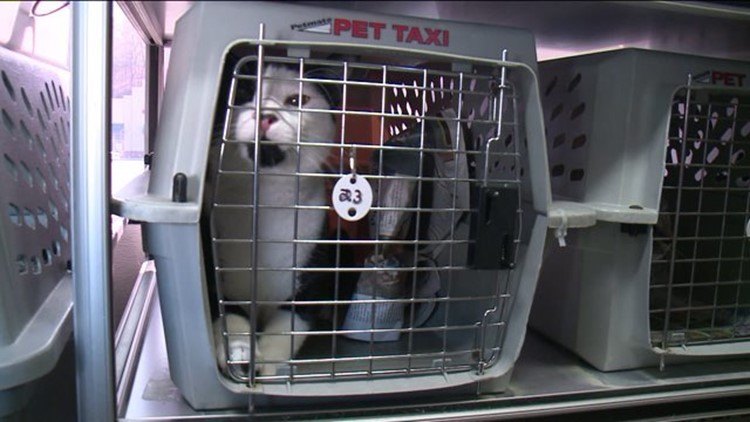There are a number of dog breeds that are considered high risk and can cost owner's more to insure, or may be banned all together from some insurance companies.
Homeowners insurance and pet insurance can both be affected by owning a dog that is considered 'dangerous'. Many see this as discriminatory practice, but with up to a third of liability claims against homeowners caused by dog bites, high risk dogs are a concern for insurance companies.
High risk breeds include:
- Rottweilers
- Pit Bulls
- German Shepherds
- Doberman Pinschers
- Akitas
- Chow Chows
- Wolf hybrids
- Presa/Dogo Canarios
Some insurance policies require a limit to the number of high risk dogs in a home, while others are completely banned. Insurance is regulated on a state level so high risk breeds will vary from state to state, and also can differ for each insurance company.
Pet insurance is not for everyone. If you have enough financial stability to afford even unexpected bills that can reach into the hundreds or even thousands of dollars, you may not need pet health care insurance. On the other hand, if you’re the type of person who knows that you would never treat a pet for a serious medical condition and only believe in the minimum for health care, you may not need pet care insurance either. Most of us fall in the middle of these two scenarios though.
We all hope we never need to take advantage of pet health insurance for emergencies involving our pets. However, in the event that we do, having an insurance policy that will cover our pet’s expenses may mean the difference between life and death for that pet. Making the decision to end the life of your pet because you cannot afford needed veterinary care is a difficult decision indeed.
However, the potential benefits of pet insurance do not end with these emergency scenarios. Many pets develop chronic issues such as skin disease, ear disease, renal disease, diabetes, and other conditions that require frequent visits to the veterinarian. While many of these visits may not be exorbitant in terms of cost for each individual visit, over time the costs can add up. Pet insurance can help deal with the costs of these chronic conditions as well.
Depending on your policy, pet health care insurance may even help you with some of the cost of routine health care for your pet.
There is a common misconception that pet health care insurance is similar in many ways to human health care insurance. In fact, pet care insurance is more similar to the insurance policy you may have for your home or car. The services that are covered for your pet are spelled out clearly in your pet insurance policy so be sure to read the policy thoroughly, understand what is included and what is excluded, and ask questions of the carrier about anything you do not understand. Some pet health care policies cover congenital illnesses and some do not. The same is true for pre-existing conditions.
Unlike human health insurance policies that typically pay the doctor directly, a pet health care policy usually requires that you pay the veterinarian, then you receive reimbursement from the insurance company once a claim is submitted. Some veterinarians may be willing to make exceptions, but you should check with your veterinarian and make prior arrangements if necessary.
Pet health care insurance is a good investment for many people. However, it is not the right solution for all pet owners. Some pet owners prefer to establish a savings account for their pet’s health care and contribute to it regularly. This works well for people who are able to establish a budget and actually make those deposits to the account and may be an acceptable alternative to pet insurance.
Some hospitals offer pet health plans that allow you to pay a specified fee on a regularly basis (usually monthly or yearly) in return for discounted fees on services for your pet. As with a pet insurance policy, read the plan thoroughly and be sure you understand what services and conditions are covered and which are not.
By Tanya Sloan-Battiston, DVM; Veterinarian/Chief Of Staff, Star Meadow Animal Clinic



